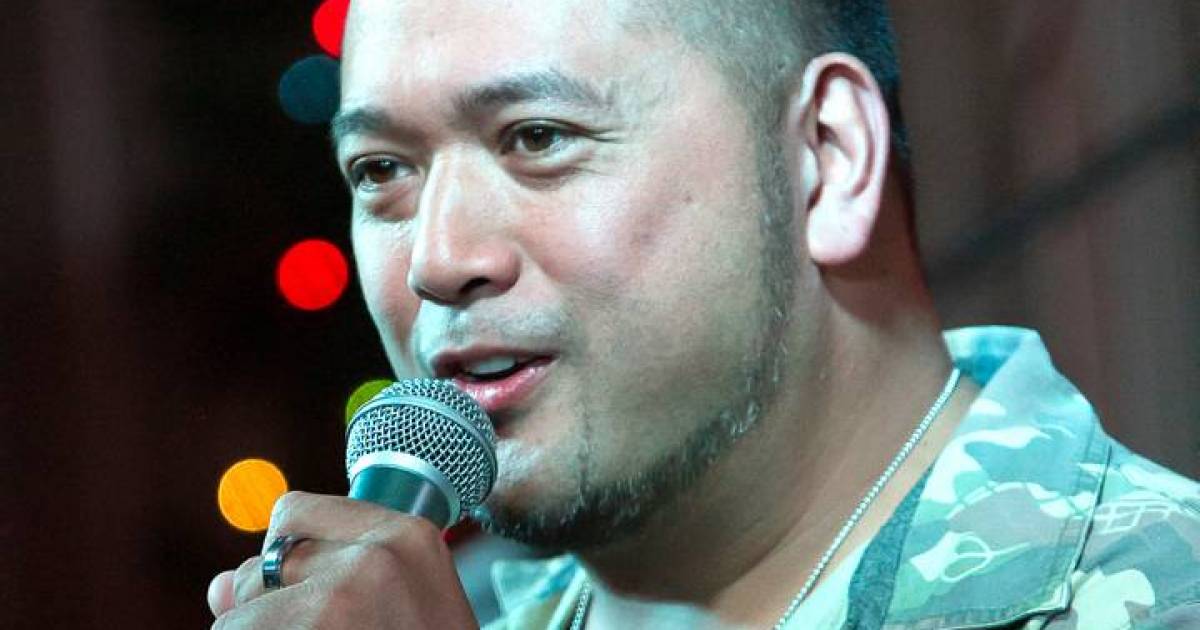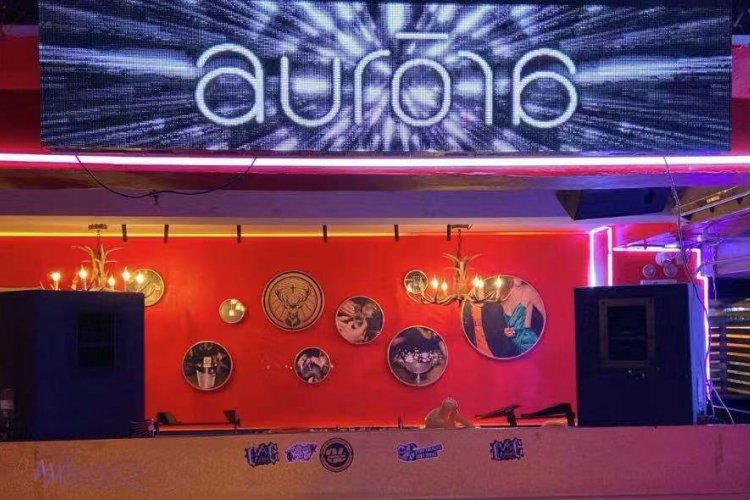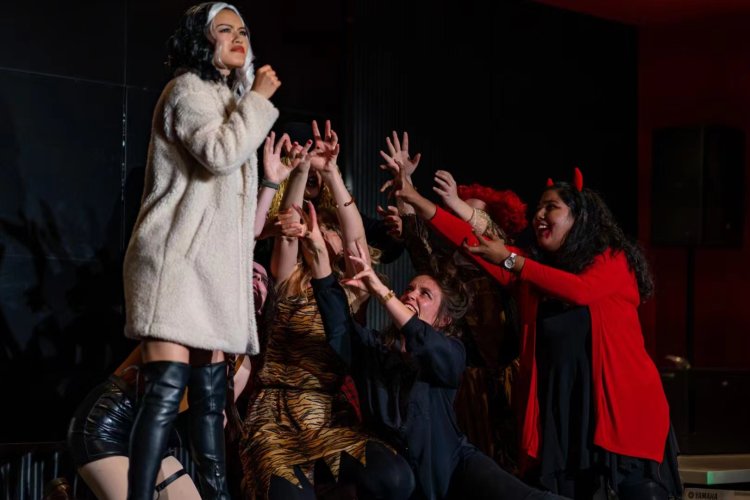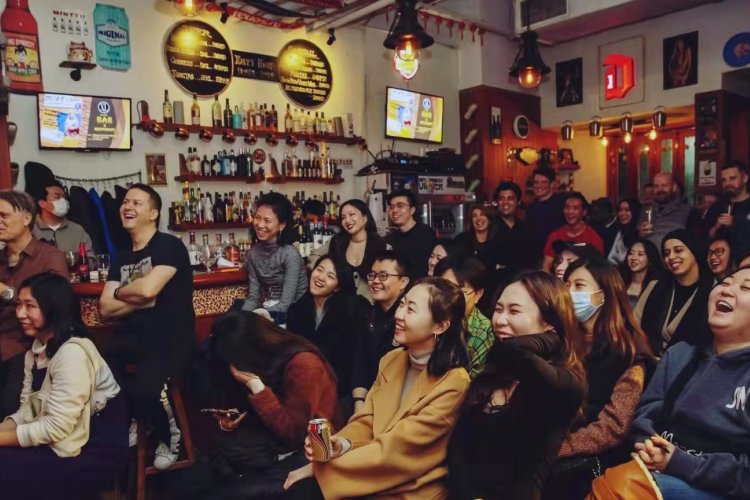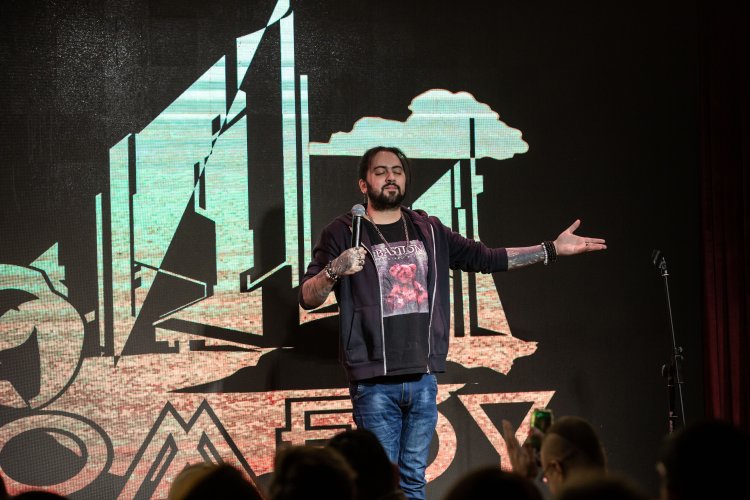Filipino Funnyman Ron Josol Talks Making Rednecks (Not) Laugh Ahead of Aug 19 Bookworm Set
What could possibly be funny about a stressful, potentially dangerous inspection at the border? Well, not much, yet comedian Ron Josol finds humor in even the tensest of situations, comparing the corruption-rife border crossings his family contended with in the Philippines to those of their adopted home in Canada, and describing how his parents had yet to adjust. That hilarious yet biting routine – recounting his father's nervous, out of nowhere declaration to the US/Canada border officer: "Sir, I don't have drugs, no need to worry," prompting his mother to say: "I don't even know him, sir, take him away!" – was a breakthrough moment for Asian immigrants in North America, who were finally seeing an artist speak to some of their concerns.
Indeed, throughout much of the noughties, Josol cracked wise about his fellow Filipinos' love of karaoke, how they struggle with culture shock, and other such insights into assimilation. Making light of what for many families find to be a stressful experience helped Josol join the likes of Russell Peters as part of a new wave of immigrant comics bolstering representation and inclusivity in the scene. And while Josol has yet to attain Peters' megastar status, he's certainly carved a niche for himself, building a dedicated following, drawing big crowds when he tours all across Canada, and writing for numerous television shows on the nation's CBC and Omni Networks. His successes have led him to Tinseltown in recent years, where Josol is now making a go of it in Hollywood. The standup comedian, actor, and writer tells us about all that and more ahead of his Aug 19 set at the Bookworm.
As funny as your border crossing joke is on the surface, it also speaks to deeper issues and concerns for immigrants. What kind of feedback did you get from other immigrants?
Most of my family members who watched it live when it aired were laughing about how they did that because it was based on the fear they had growing up under a brutal regime. It was a time where they feared the government because of martial law. My parents loved the joke because my dad really was scared at the borders. This was the first time in Canada where a Filipino comic was featured on TV talking about Filipino culture. So it was historic for most of the community.
Tell us about how you got started in standup.
I'd always wanted to do standup since I was eight years old, when I saw Eddie Murphy's Delirious. I couldn't believe a person could be so funny without anything but a mic. I said to myself then: "I will get into standup right after I graduate college, for my parents' sake." In 1997 after my final college exam I kept my promise to myself, and went straight into a comedy club, and did my first set ... and bombed! And loved it!
What were some of the biggest obstacles you dealt with early on?
At first, I was fearful and lacked confidence. To break through that was the biggest obstacle. Later, I struggled to figure out how to make rednecks laugh! They generally didn't like my skin tone.
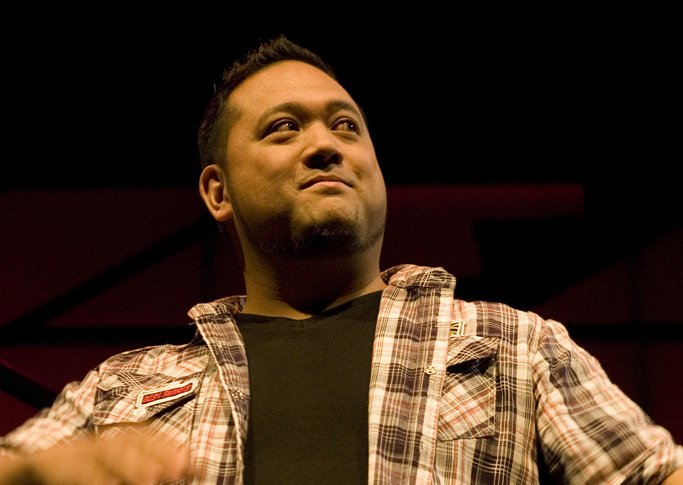
How did you family react to you getting into standup and the arts?
They liked it until they found out I was in debt. They told me to get a normal job because comedy wasn't paying the bills. But as soon as I made more money from gigs than my day job, they know it was something I had a natural talent for. But without the money, it would be hard for them to back it up as a career.
What are some of the biggest differences about working in comedy today compared to when you started?
Today it's about social media and how many followers you have more than the art. Most clubs don't care if you're talented, just as long as you bring in the numbers. Thankfully there are still clubs who bring in the most talented acts and market the show themselves, but that's becoming rarer and rarer.
I do shows that pay me a lot, but that may not be my favorite crowds in terms of demographics or like-mindedness. So I have to divide it into two categories: A) doing comedy that makes you happiest, and B) doing comedy for the money, which is not what makes you the happiest.
So what’s next for Ron Josol?
I moved to LA three years ago, and have a new acting agent. So I want to pursue that avenue more, while also doing standup in LA. I got to work on a YouTube channel that brought me lots of joy and more followers. But I'm doing it for the love these days because money comes when you least expect it in art.
In terms of bits and material, I'm always experimenting with different forms of standup comedy. I like storytelling, topical subject matter. It's about stuff I love for myself, above all. Because after 20 years in the game, I got to still love it to stay motivated!
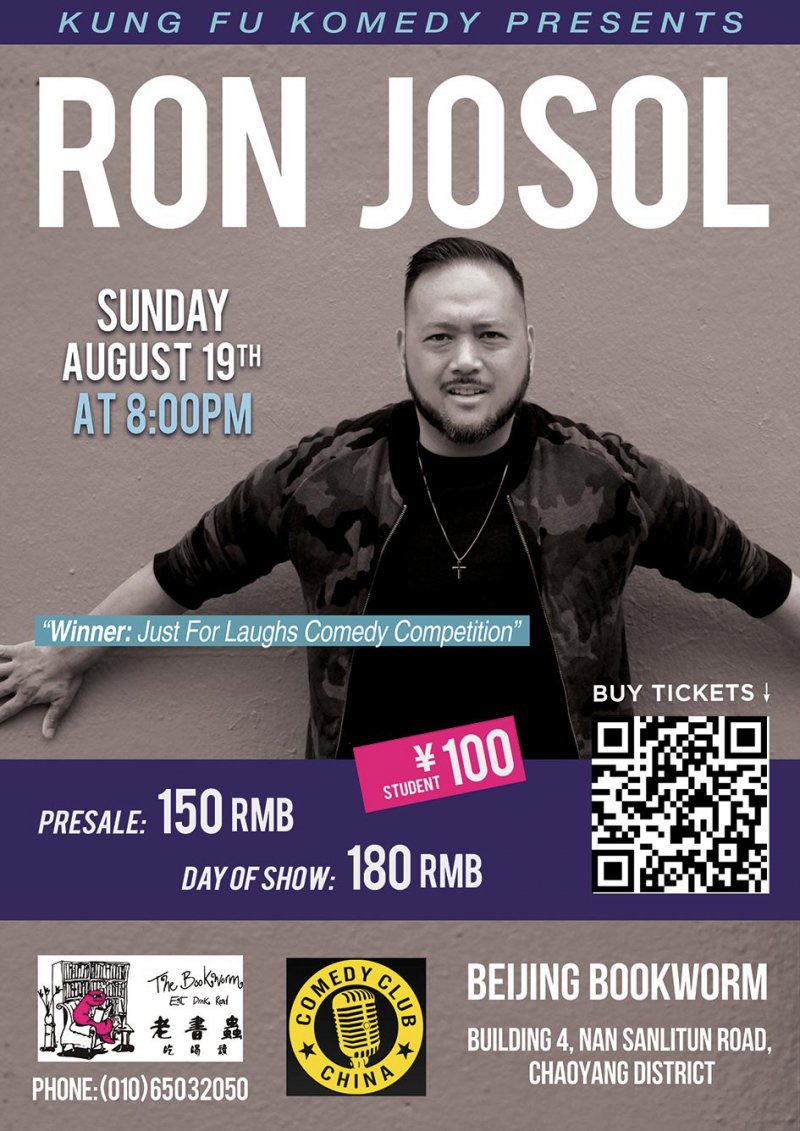
Ron Josol will perform at the Bookworm on Sunday, Aug 19 at 8pm. Tickets are RMB 150 presale, RMB 180 at the door. For more information, click here.

